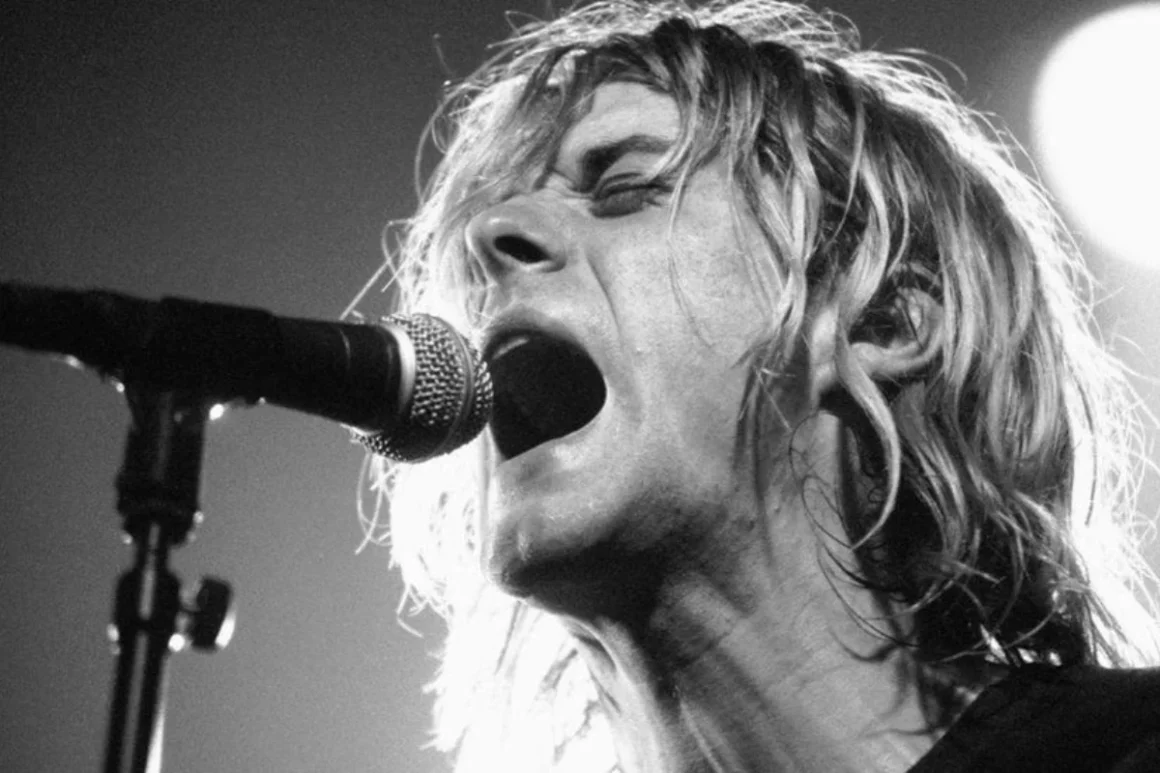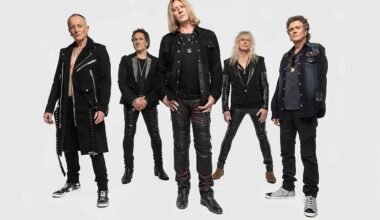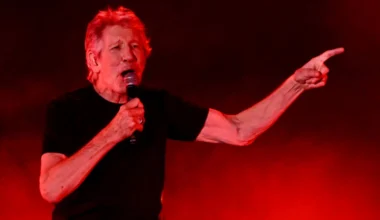In the early 1990s, grunge emerged as a powerful force in American rock, breaking away from the overblown, commercialized sound of mainstream rock that had dominated the 1980s. Bands like Mudhoney, the Melvins, and Nirvana led the charge, taking rock back to its raw, gritty roots and openly challenging the excesses and hypocrisy they saw in the rock establishment.
Kurt Cobain, Nirvana’s frontman, was deeply influenced by punk’s rebellious spirit and DIY ethos, shaped by bands like The Raincoats, Black Flag, and The Slits. His disdain for the commercial rock giants of the 1980s, particularly Guns N’ Roses, reflected his broader frustration with the music industry’s priorities and values. For Cobain, Guns N’ Roses embodied everything he disliked: the flash, hyper-masculinity, and toxic behaviors often celebrated in rock’s mainstream.
At the peak of their success, Guns N’ Roses represented the glitz and glam that grunge detested. Cobain and his peers saw their music as a rejection of this. In 1991, as Nirvana’s Nevermind took over the charts, Cobain’s resentment of the mainstream only deepened. Guns N’ Roses, with their larger-than-life frontman Axl Rose, still held sway in the rock scene, despite Nirvana’s rise.
Nirvana’s third album, In Utero (1993), may not have eclipsed Nevermind commercially, but it showcased some of Cobain’s most pointed work. A track from the In Utero sessions, “Gallons of Rubbing Alcohol Flow Through the Strip,” captured his disdain for the mainstream rock culture of the late 1980s. Cobain described it as expressing “contempt for the hairspray, Guns N’ Roses-poisoned scene that was going on in LA.”
The song was even once titled “I’ll Take You Down to the Pavement,” a jab at Axl Rose, referencing a tense exchange they’d had at the 1992 MTV Video Music Awards. Cobain’s lyrics in this song, improvised during recording, were laced with introspection but also conveyed his unmistakable disapproval of Los Angeles rock culture.
Ironically, Guns N’ Roses bassist Duff McKagan had come from a background much closer to Cobain’s roots. Before joining the band in Los Angeles, McKagan was part of Washington’s hardcore punk scene, performing with bands like 10 Minute Warning and The Fartz. But while McKagan adapted to the Hollywood rock scene, Cobain never strayed from his underground ideals.
“Gallons of Rubbing Alcohol Flow Through the Strip” may not be one of Cobain’s most celebrated songs, but its raw lyrics and biting humor offer a glimpse into the rebellious essence of grunge. The song’s tone, free of the performative masculinity Cobain despised, set Nirvana apart from the industry’s big acts.







